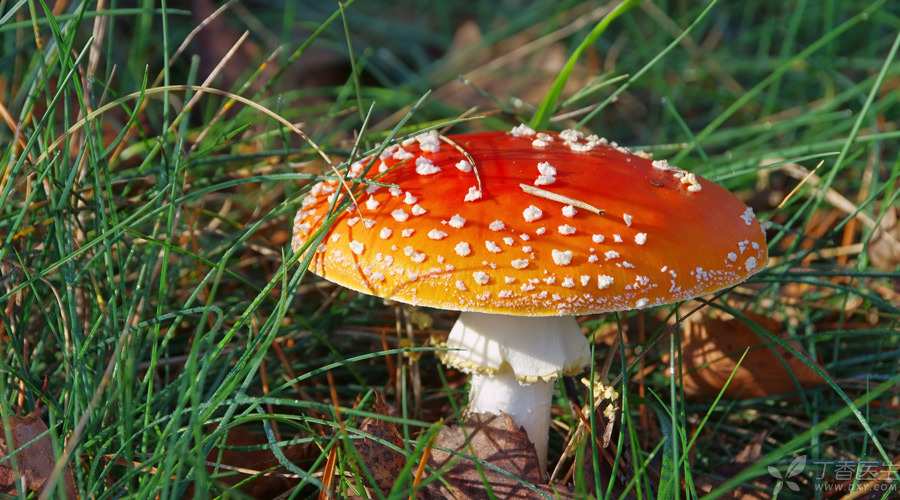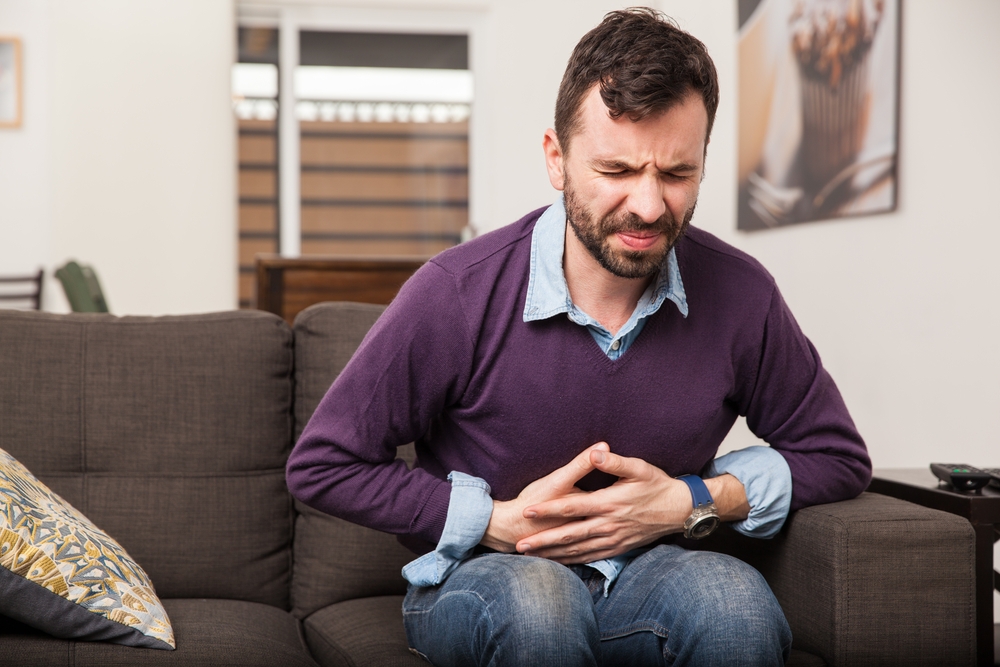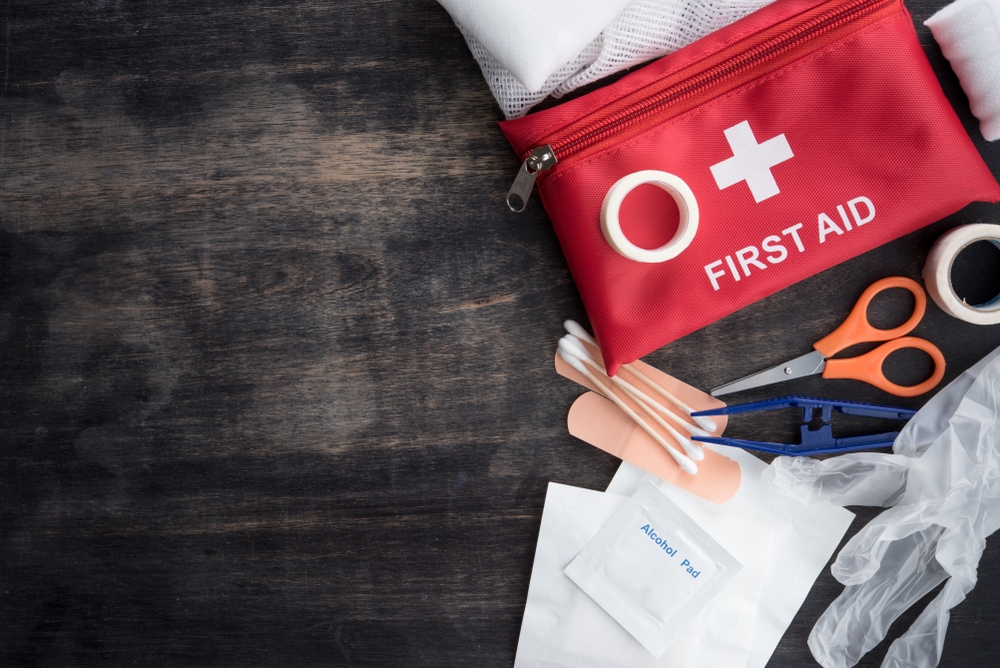
Food poisoning refers to the intake of food containing biological toxic and harmful substances such as poisonous mushrooms and puffer fish and contaminated by certain bacteria. Or food with chemical toxic and harmful substances such as pesticides, rat poison or nitrite, or non-communicable diseases occurring after taking toxic and harmful substances as food.
Acute food poisoning occurs within hours or days, while chronic poisoning lasts for years.
What is easy to cause food poisoning?
1. Food that is itself poisonous
Cassava, sprouted potato, poisonous mushroom, puffer fish, tiger spotted fish.
2. Food that can cause poisoning due to improper processing methods
Undercooked beans.
Step 3: Improper eating
Perishable meat, eggs, milk products, cold dishes, leftovers, etc. These perishable foods are easy to breed Salmonella, Proteus, Shigella, Staphylococcus, etc.
Step 4: Eat by mistake
Pesticide, rat poison.
How to judge whether it is [food poisoning]?
 Food poisoning often occurs in families or group dining points, such as schools and company canteens. Although the causes and symptoms are different, they generally have the following characteristics:
Food poisoning often occurs in families or group dining points, such as schools and company canteens. Although the causes and symptoms are different, they generally have the following characteristics:
1. Generally, from a few minutes to a few hours, after eating [toxic food], a group of patients appear almost at the same time in a short period of time. The oncoming force is fierce and the peak outbreak soon forms.
2. The clinical manifestations of patients are similar, and most of them are acute gastrointestinal symptoms, such as abdominal pain, diarrhea, vomiting, etc.
3. The onset of the disease is related to eating certain foods.
Patients have eaten the same [toxic food] in the same period of time in the near future, and the incidence range is consistent with the food distribution. Those who do not eat will not suffer from the disease, and there will be no new patients soon after stopping eating the food.
4. There is no infection between ordinary people.
5. There is obvious seasonality.
Bacterial and toxic animal and plant food poisoning often occurs in summer and autumn. Botulism and nitrite poisoning often occur in winter and spring.
What should I do if food poisoning occurs?
Drinking water: Drink a large amount of clean water immediately to dilute the toxin.
Vomiting: Press the throat with your fingers and spit out the food in your stomach as much as possible.
Sealing: Seal up the food you have eaten to prevent more people from being victimized.
Call for help: Call for help to the emergency center immediately. The earlier you go to the hospital, the more conducive to rescue. If you go to the hospital for more than 2 hours, the poison will be absorbed into the blood, making treatment more difficult.

Ten Suggestions for Preventing Food Poisoning
-
Keep the kitchen environment and tableware clean and sanitary.
-
Choose fresh and safe food and food raw materials. Do not buy or eat spoiled, expired and unknown food, and do not eat sprouted potatoes, wild mushrooms, puffer fish and other food processed from raw materials that contain or may contain toxic and harmful substances.
-
Vegetables are treated in the order of one washing, two soaking, three scalding and four frying.
-
Meat and poultry are cut according to the consumption before freezing and thawed fully before cooking.
-
Thoroughly heat food, especially meat, milk, eggs and their products, green beans, soybean milk, etc. should be cooked thoroughly.
-
The cooked food should be eaten within 2 hours.
-
Store food properly. Store food in sealed containers. Store raw and cooked food separately. Do not mix fresh food with surplus food. Store food prepared in advance and surplus food to be preserved at a temperature higher than 60 degrees Celsius or lower than 10 degrees Celsius.
-
Cooked food and surplus food stored in cold storage and purchased cooked meat products should be thoroughly heated before consumption. The central temperature of the food must reach 70 degrees Celsius and be maintained for at least 2 minutes.
-
Do not patronize unlicensed mobile stalls and restaurants with poor sanitary conditions.
-
Develop good personal hygiene habits. Wash hands frequently, do not eat raw food, do not drink raw water.
